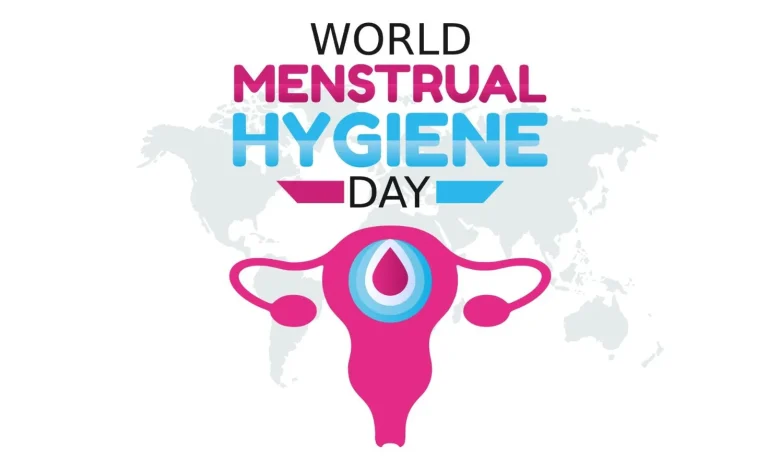World Menstrual Hygiene Day
World Menstrual Hygiene Day: Ending period poverty to empower women, girls

Period poverty is a deeply unjust and unacceptable form of deprivation.
It means not having adequate access to menstrual products and services when a female is menstruating.
To feel safe, clean and protected during menstruation, females require access to menstrual or period products and a clean and safe toilet or WASH services (Water, Sanitation and Hygiene).
Usually in developing countries such as Ghana, this is difficult, especially for the poor and marginalised.
Sanitary pads are expensive, toilet facilities are not always available, clean or private enough.
Most schools, markets and other public places do not have clean toilets or WASH facilities.
There is a lot of work to be done and we need to do much better, because women and girls deserve dignity during menstruation.
Unease and self-consciousness
One would wish that the people who get to make the decisions that affect women, especially on menstrual hygiene issues, were female and had some experience with period poverty.
Not having adequate period products during menstruation leaves many females sitting, standing or working through their day with great unease and self-consciousness.
One really needs to experience this to understand the urgency of making period products more accessible to all females, especially the poor and disadvantaged.
No female must endure such indignity due to a very routine physiological process. After all, being born female is not a choice one makes.
Free sanitary pad initiative
Recently, the government launched the free sanitary pad initiative for schoolgirls.
This is commendable. Even though it is a welcome step, it is simply inadequate. What we need to do is eradicate period poverty.
Females form half of the total population; our full and effective participation is required to bring about the social and economic development we are clamouring for.
If we want females to participate fully in every facet of our social and economic life, we must back our intentions with the right actions.
Increasing access to menstrual products, by making them more affordable for all females, will be a great start, then ensuring that WASH or toilet facilities in schools and other public places are up to standard will bring us closer to the goal.
Means of providing access
To take real action, a few things must be done.
A more sustainable means of providing access to period products is required.
The government should look into ways of encouraging more domestic production, reducing or eliminating taxes, subsidising the cost of period products or providing free period products as is being done now.
It might be more prudent to combine a mixture of all the above suggestions to ensure the most vulnerable females have full access to period products and dignified facilities, to manage a very natural phenomenon.
Indeed, these strategies have been tested elsewhere with great impact.
Reduce prices
Menstruation should not limit the full participation of women and girls in day-to-day activities that improve their lives and that of entire communities.
In sub–Saharan Africa, according to UN women, about 31 per cent of girls are unable to go to school during menstruation.
This number is way too high. In Ghana we have shown real commitment, through many civil society activities especially around World Menstrual Hygiene Day and also in the decision to provide free sanitary pads to schoolgirls.
Let us build on this momentum and accelerate our pace even further by reducing the prices of period products and committing to really safe and sanitary WASH facilities especially in public spaces.
Committing to ensuring that we develop at a more hastened pace is committing to ensuring that women and girls have equitable access to opportunities.
Promoting menstrual hygiene and health is a big part of this commitment.
The writer is a lawyer and a development professional



